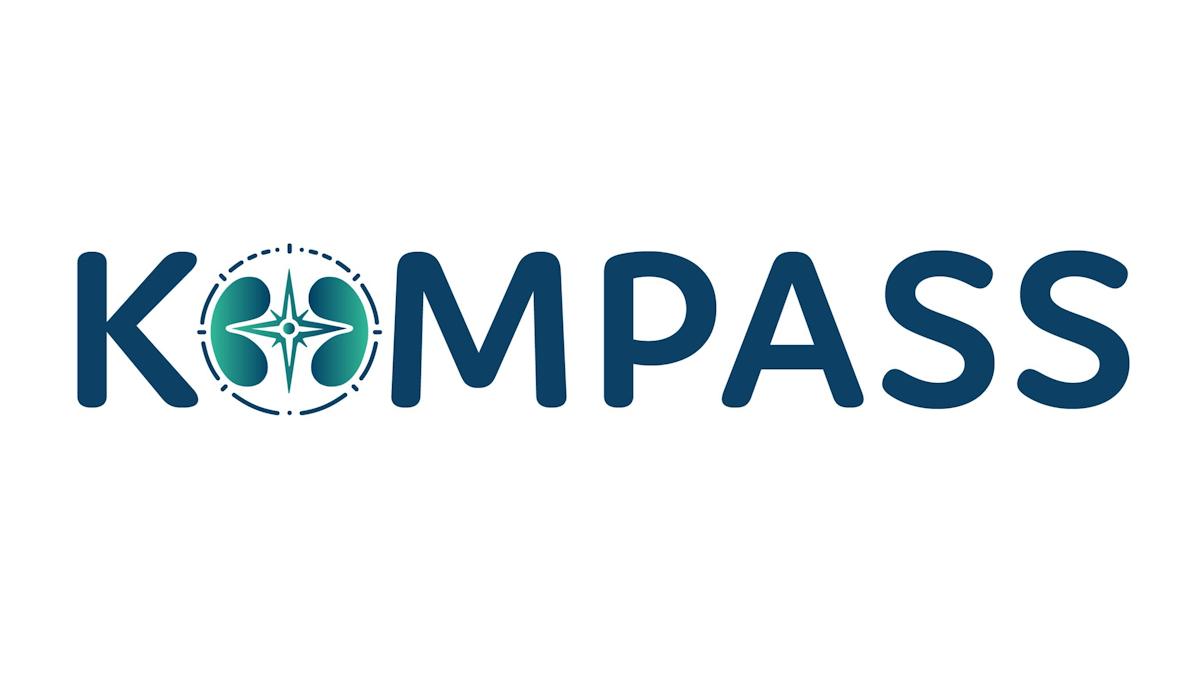Pear rolls out digital therapy for schizophrenia under FDA’s COVID-19 scheme

Pear Therapeutics has started a limited launch of its digital therapeutic for people living with schizophrenia under the terms of an FDA enforcement holiday during the coronavirus pandemic.
The smartphone-based Pear-004 app will be made available through certain healthcare providers and academic centres under the FDA guidance, which aims to speed up access to digital therapies for people with psychiatric disorders during COVID-19 crisis.
The pandemic means patients with mental illness are less able to maintain contact with healthcare and support workers, placing them under added strain, and the hope is having access to remote tools will help them cope until some degree of normal life can be restored.
Pear-004 is designed to improve symptoms and functioning of people with schizophrenia through social skills training, cognitive behavioural therapy (CBT) for psychosis, and helping them manage drug treatment. It started a phase 2 proof-of-concept trial last year.
The app is one of a pair of programmes still standing in a much-trumpeted partnership with Novartis signed in 2018, which on signing also covered two digital therapeutics to improve the treatment of people with substance use disorders.
The other is a multiple sclerosis project called PEAR-006 which started a phase 2 proof-of concept study in December to see if it can alleviate depression symptoms in MS patients.
Novartis’ Sandoz unit handed back rights to the two apps last year, blaming a change in priorities at the generic drug division and forcing Pear to take over commercial activities for them.
In 2017, Pear’s reSET became the first FDA-approved mobile medical application with both a safety and efficacy label, after the FDA licensed it for substance use disorders involving alcohol, cocaine, marijuana and stimulants.
It was joined at the end of 2018 by reSET-O, which was approved by the US regulator to assist people trying to come off recurrent use of opioid drugs who are receiving buprenorphine therapy, and earlier this year by Somryst, the first digital therapeutic cleared to treat adults with chronic insomnia.
The early launch of PEAR-004 “could play a critical role in demonstrating the value of technology-based mental health care particularly when access to face-to-face clinical interventions is limited,” commented consultant psychiatrist Jeffrey Liebermann of Columbia University in the US.
Amid the COVID-19 crisis “mental health providers have readily adopted virtual methods of communication and practiced telepsychiatry,” he added, and digital therapies can “usefully augment the scope and quality of services provided.”
Pear isn’t the first digital therapeutics specialist to launch a product early as a result of the coronavirus pandemic. Last week, Akili Therapeutics started rolling out an experimental attention deficit hyperactivity disorder (ADHD) app under the FDA initiative.













